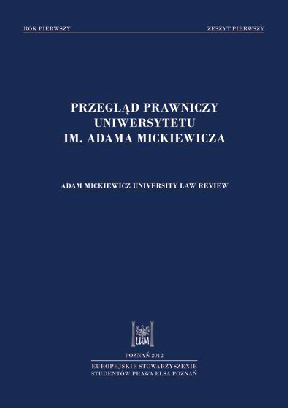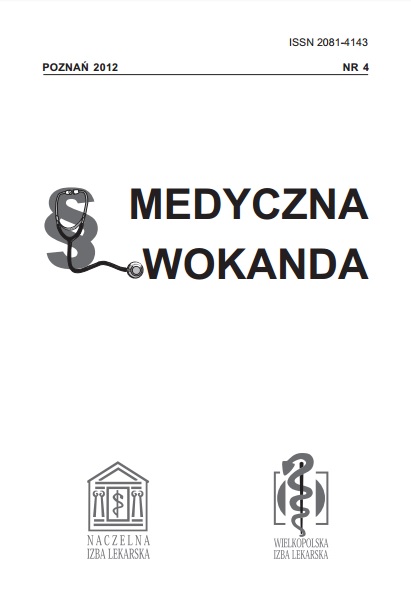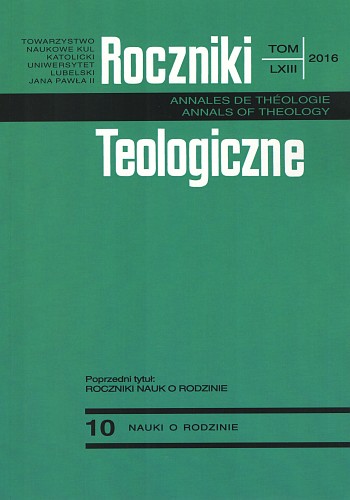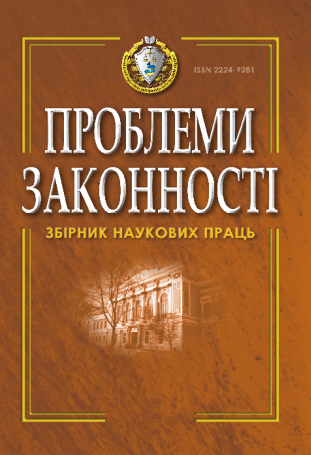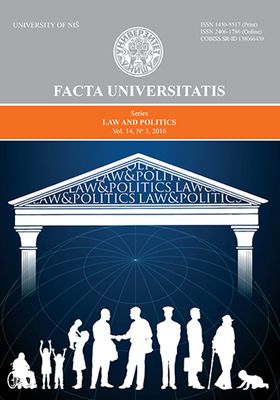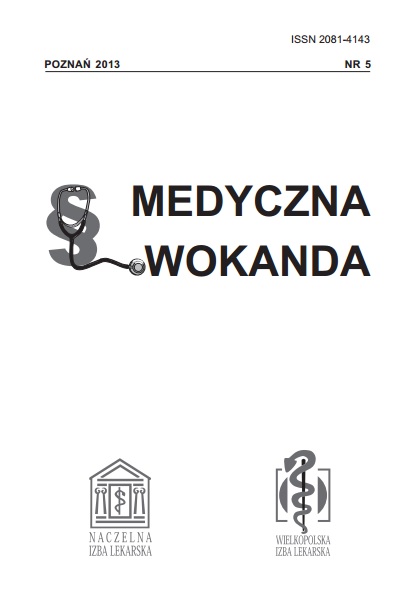
Sumienie w międzyludzkim współżyciu
The subject of these deliberations is conscience, which in various ways affects social as well aslegal relations. Conscience constitutes the natural ability of the mind for the moral evaluation ofactions and phenomena. As an indispensable attribute of a human being, which is possessed byhim/her in an actual or potential way, conscience is the primary norm of conduct with the uniqueability to regulate human behaviour and form interpersonal relations. Within the context of the legal system freedom of conscience appears as an entity which is particularly protected by domestic and international legislators. This study presents the legal and natural, as well as thepersonalistic, approaches, to include a broad spectrum of various opinions. To this end the studyintroduces the discussion of the philosophical, ethical, sociological, psychological, axiological,moral-theological and legal aspects connected with conscience. Special attention is given to theissue of the conscience clause in medical professions, which constitutes an important instrumentin exercising freedom of conscience.
More...
